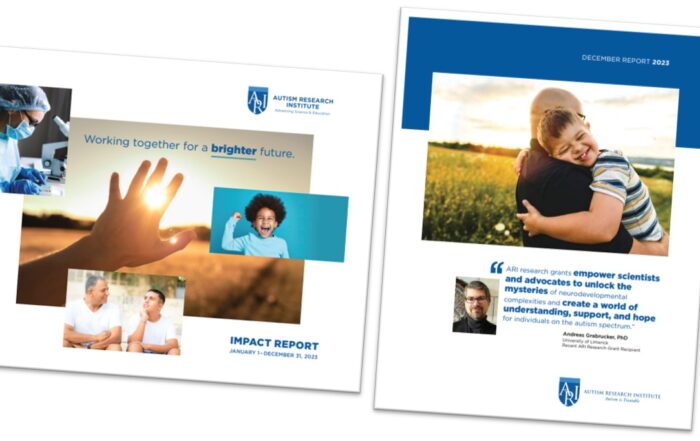Employees with autism spectrum disorders (ASD) may contribute to businesses in a unique way because they are less likely than neurotypical individuals to exhibit the “bystander” effect, according to a new study.
The bystander effect refers to the fact that people are more hesitant to identify problems and intervene to solve them if there are other people present. The greater the number of other people, the less likely it is that one individual will step forward.

Lorne Hartman and colleagues asked 33 employed adults with ASD and 34 controls to complete an online survey. Participants answered questions designed to determine how likely they would be to speak out if they saw inefficient or dysfunctional processes in their company, and whether their decision would be affected by the number of other people present.
Hartman says the study showed that “to the extent that they would act if they saw something wrong, employees with autism were much more likely to intervene, regardless of the number of people present.” He adds that “in situations where they would not intervene, they were more likely to identify the influence of others as the reason, whereas neurotypical employees were more reluctant to acknowledge this.”
Hartman and colleagues conclude that “autistic employees may contribute to improvements in organizational performance because they are more likely to identify and report inefficient processes and dysfunctional practices when they witness them.”
Hartman, whose primary area of research involves unethical behavior in corporations, says that in all of the cases he explored, “there were hundreds, maybe thousands of people who may not have actually been involved in the wrongdoing, but they should have been aware that it was going on. So having people around who are willing to blow the whistle, so to speak, is very important for organizations.”
This article originally appeared in Autism Research Review International, Vol. 37, No. 4, 2023
Editorial – Fecal Microbiota Transplantation and Autism
Over the past several years, Fecal Microbiota Transplantation (FMT) has become the subject of growing interest in the autism community due, at least in part, to the increased awareness of the gut-brain
ARI’s Latest Accomplishments
Connecting investigators, professionals, parents, and autistic people worldwide is essential for effective advocacy. Throughout 2023, we continued our work offering focus on education while funding and support research on genetics, neurology, co-occurring medical
Biomarkers start telling us a story: Autism pathophysiology revisited
Antonio Persico, MD, a recent ARI Research Grant recipient, explores the role of biomarkers in understanding autism pathophysiology. He discusses the complexity inherent to neurodevelopmental conditions and emphasizes the need to combine




